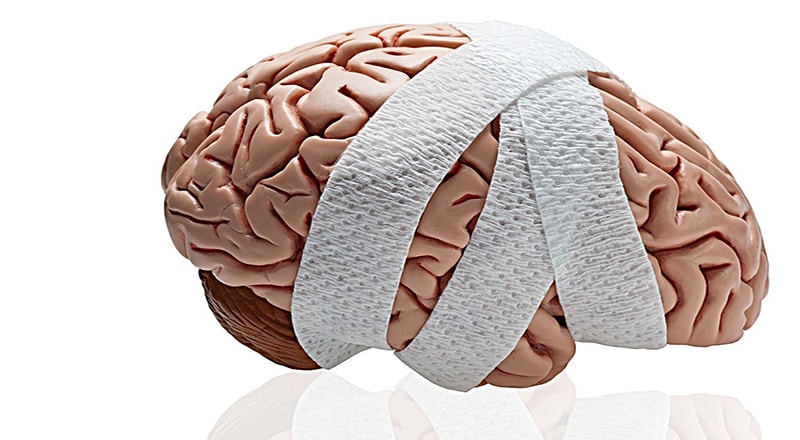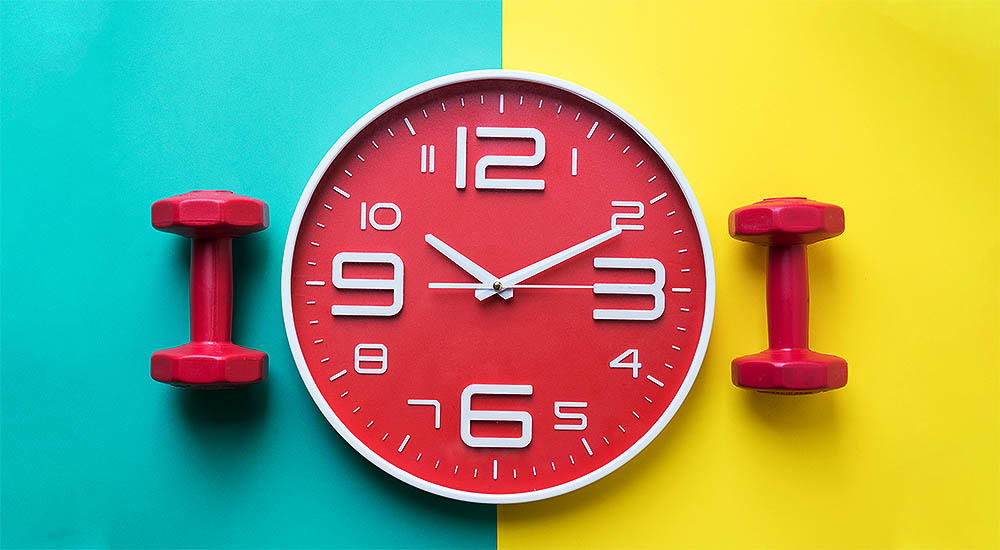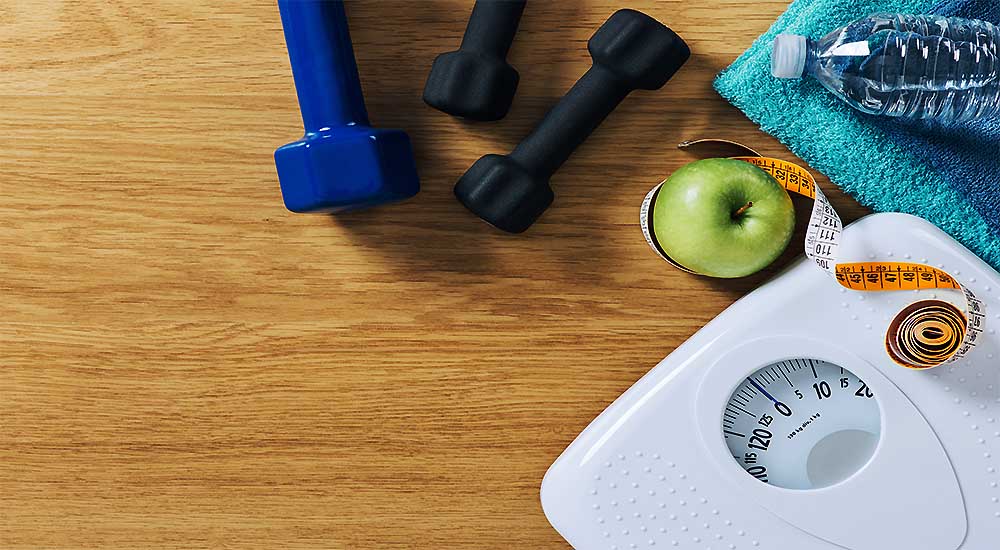Physical Therapy Report: How to Safely Treat a Concussion

What exactly is a Concussion?
A concussion is a type of traumatic brain injury that is caused by a blow to the head or body, a fall, or other injury that jars or shakes the brain inside the skull. While cuts or bruises on the head or face may be present, there may be no other visible signs of a brain injury.
The brain is a soft organ that is surrounded by spinal fluid and protected by a hard skull. Normally, the fluid around the brain acts like a cushion that keeps the brain from banging into the skull. But if the head or body is hit hard, the brain can crash into the skull and be injured.
A concussion occurs when the brain is shaken inside the skull, causing changes to the brain’s chemistry and energy supply. A concussion might happen as a result of a direct blow to the head or an indirect force, such as whiplash.
Some common ways concussions occur include fights, falls, playground injuries, car crashes, and bike accidents. Concussions can also happen while participating in sports or activities such as football, boxing, hockey, soccer, skiing, or snowboarding. Contrary to popular belief, one doesn’t have to lose consciousness to have a concussion.
Some people will have obvious symptoms of a concussion, such as passing out or forgetting what happened right before the injury. But other people will not have such obvious symptoms.
How Long Does it Take to Recover?
With rest, most people fully recover from a concussion. Some people recover within a few hours, for others, it may take a few weeks. In rare cases, concussions can cause more serious problems. Repeated concussions or a severe concussion may require surgery or lead to long-lasting problems with movement, learning, or speaking.
Due to the chance of permanent brain problems, albeit small, it is important to contact a doctor if you or someone you know has symptoms of a concussion.
What is the Most Common Cause
In the past few years, the concussion has received a great deal of attention as people in the medical and sports world have begun to speak out about the long-term problems associated with this injury. The Centers for Disease Control estimate that in sports alone, more than 3.8 million concussions occur each year. Recent scientific evidence highlights the need for proper care to prevent complications from concussion.
Symptoms of Concussion
There are many symptoms related to concussion, and they can affect one’s physical, emotional, and mental well-being. Physical symptoms may include:
- Headache
- Dizziness
- Difficulty with balance
- Nausea/vomiting
- Fatigue
- Difficulty with sleeping
- Double or blurred vision
- Sensitivity to light and sound
Cognitive symptoms may include:
- Difficulty with short-term or long-term memory
- Confusion
- Slowed “processing” (for instance, a decreased ability to think through problems)
- “Fogginess”
- Difficulty with concentration
Emotional symptoms may include:
- Irritability
- Restlessness
- Anxiety
- Depression
- Mood swings
- Aggression
- Decreased tolerance for stress
Know When It’s an Emergency
Seek immediate care from your local emergency department if you observe any of the following:
- Weakness, numbness or decreased coordination
- Repeated vomiting or nausea
- Slurred speech
- Extreme drowsiness or cannot be awakened
- One pupil (the black part in the middle of the eye) larger than the other
- Convulsions or seizures
- Inability to recognize people or places
- Increased confusion, restlessness, or agitation
- Unusual behavior
- Loss of consciousness
Can Physical Therapy Help? Yes!
Physical therapy treatment, for those who have had a concussion, varies from person to person depending on their symptoms and limitations. The physical therapist will complete a comprehensive evaluation to assess the current condition.
The therapy plays an important role in slowly reintroducing physical activity, as it is important that this is done gradually. Having such activity be overseen by a qualified physical therapist is critical because it is important not to overload a system that has been compromised by concussion. Reintroducing physical activity too soon can lead to longer-lasting symptoms.
Instead, reintroduction should only be done once an individual is symptom-free and, it bears repeating, the progress should be monitored by a qualified physical therapist. Physical therapists can evaluate and treat many problems related to concussion. Because no two concussions are the same, the examination is essential to assess the individual’s symptoms and limitations so that an individualized treatment program can be designed. If someone experiences dizziness or difficulty with balance following a concussion, vestibular physical therapy and chiropractic care may help.
The vestibular system, which includes the inner ear and its connections with the brain, is responsible for sensing head movement, keeping the eyes focused when the head is moved, and helping maintain proper balance. A doctor of chiropractic can normalize the function of irritated or pinched nerves, while a qualified vestibular physical therapist can provide specific exercises and training to reduce or stop dizziness while improving balance and stability.
Physical Therapy and Chiropractic Work Hand in Hand
As a physical therapist, I also examine my patients for neck problems following a concussion. Neck injuries can cause headaches and contribute to some forms of dizziness. This is one of the many reasons I enjoy the Root Cause Medical team that allows me to work alongside a doctor of chiropractic. The chiropractor is an expert in removing the irritation to the nerves while correcting the position of the bones of the spine. Together, chiropractic and physical therapy work beautifully, especially when there has been the trauma of any sort. As symptoms due to concussion improve, our program will help the patient to resume physical activity gradually so as to avoid overloading the brain and nervous system that have been recently compromised by concussion. It’s very important that recommendations are followed so that the greatest amount of recovery, in the shortest amount of time, can be achieved.
Do you need help with your health?
We have the diagnostic and testing tools, the clinical experience, and a different medical approach to discovering the root cause of why you have the symptoms that are bothering you. As long as you are ready to make some dietary and lifestyle changes, we can help you. We will "hold your hand" through the changes, step by step, to make each step an easy one. We are located in Clearwater, FL, at 1000 S Ft Harrison, at the corner of Ft. Harrison Ave. and Magnolia St. There is plenty of parking space directly accessible from Ft Harrison. If it is not convenient for you to come to Root Cause Medical Clinic, we offer telehealth/telemedicine consultations to residents of certain states. Call us for details.
Contact us for a Consultation – Call 727-335-0400
Ask a Doctor
Have a health concern you'd like to speak with a doctor about? Or just want clarity on a subject? Ask Us!
Featured Articles
Popular Stories

Dr. Rupa Chakravarty DPT, OCS
Director of Physical Therapy at Root Cause Medical
Doctor of Physical Therapy, Orthopedic Certified Specialist
Dr. Chakravarty has numerous certifications for different techniques in Physical Therapy practice. She employs an extensive array of manual as well as exercise techniques to manage her patients’ symptoms during their course of therapy.


